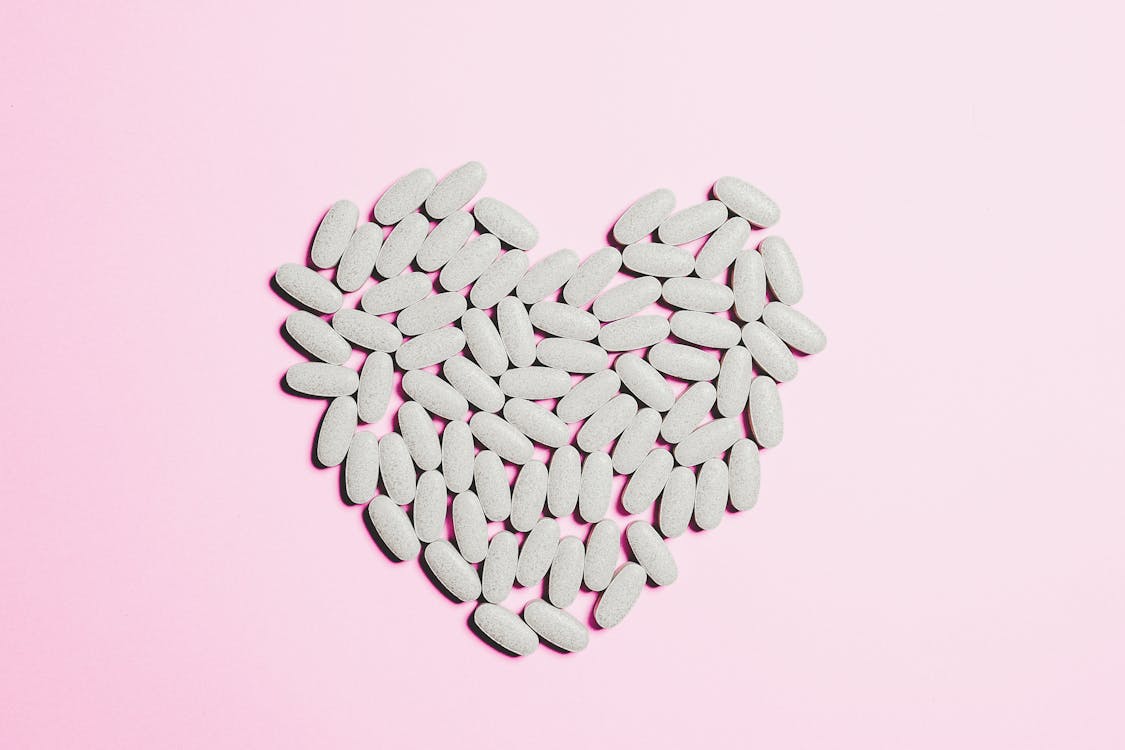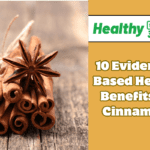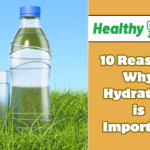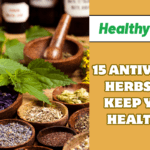7 Essential Vitamins You Might Be Missing
1. Vitamin D
Vitamin D is often called the “sunshine vitamin” because your body can produce it when your skin is exposed to sunlight. However, many people don’t get enough sun exposure to maintain adequate levels of vitamin D, especially during the winter months or for those who live in areas with limited sunlight. Vitamin D plays a crucial role in bone health, as it helps your body absorb calcium and maintain strong bones. It also supports immune function, mood regulation, and overall health. Foods rich in vitamin D include fatty fish like salmon and mackerel, fortified dairy products, egg yolks, and fortified cereals. If you’re unable to get enough vitamin D from sunlight and diet alone, consider taking a vitamin D supplement to ensure you’re meeting your body’s needs.
In addition to its role in bone health and immune function, vitamin D has also been linked to a reduced risk of chronic diseases such as heart disease, diabetes, and certain types of cancer. Research has also suggested that vitamin D may have a positive impact on mental health, with some studies showing a link between vitamin D deficiency and depression.

2. Vitamin B12
Vitamin B12 is essential for nerve function, DNA synthesis, and the production of red blood cells. It’s primarily found in animal products like meat, fish, eggs, and dairy, so vegans and vegetarians are at a higher risk of deficiency. Symptoms of vitamin B12 deficiency include fatigue, weakness, tingling sensations, and difficulty concentrating. If left untreated, B12 deficiency can lead to more serious complications such as nerve damage and anemia. To prevent deficiency, individuals following a plant-based diet should consider taking a B12 supplement or consuming fortified foods like nutritional yeast or plant-based milk alternatives.
Vitamin B12 plays a crucial role in the production of myelin, the fatty substance that surrounds and protects nerve fibers. Without sufficient vitamin B12, nerve damage can occur, leading to symptoms such as numbness, tingling, and weakness in the hands and feet. Vitamin B12 deficiency has also been linked to an increased risk of dementia and cognitive decline.
Vitamin B12 also plays a crucial role in the metabolism of fatty acids and amino acids, which are important for energy production and muscle function. A deficiency in vitamin B12 can lead to an increase in homocysteine levels in the blood, which has been linked to an increased risk of heart disease and stroke. Additionally, vitamin B12 has been shown to have a role in the regulation of mood and emotional response, with some studies suggesting that it may have a positive impact on depression and anxiety.
Read Also:
11 Best Ways to Improve Your Digestion
3. Vitamin A
Vitamin A is important for vision, immune function, and skin health. It exists in two forms: retinol (found in animal products) and beta-carotene (found in plant foods).
Deficiency in vitamin A can lead to night blindness, impaired immune function, and dry, rough skin. Foods rich in vitamin A include liver, sweet potatoes, carrots, spinach, and kale. Consuming a varied diet that includes plenty of fruits and vegetables can help ensure you’re getting enough vitamin A. However, excessive intake of vitamin A from supplements can be harmful, so it’s important to follow recommended dietary guidelines.
Vitamin A is also important for healthy vision, and deficiency can lead to night blindness, a condition where individuals have difficulty seeing in low light environments. In addition to its role in vision and immune function, vitamin A has also been shown to have anti-inflammatory properties, making it a potential treatment for conditions such as acne and psoriasis.
Vitamin A has also been shown to have a role in the regulation of gene expression, which is important for cellular differentiation and development. It has also been linked to a reduced risk of certain types of cancer, including lung, breast, and colon cancer. In addition to its role in vision and immune function, vitamin A has also been shown to have antioxidant properties, making it a potential treatment for conditions such as age-related macular degeneration and cataracts.
4. Vitamin C
Vitamin C is a powerful antioxidant that supports immune function, collagen synthesis, and wound healing. While vitamin C deficiency is rare in developed countries, certain populations, such as smokers and individuals with limited fruit and vegetable intake, may be at risk.
Symptoms of vitamin C deficiency include fatigue, weakened immune function, and slow wound healing. To prevent deficiency, consume a variety of vitamin C-rich foods such as citrus fruits, strawberries, bell peppers, broccoli, and kiwi. If you’re unable to meet your needs through diet alone, consider taking a vitamin C supplement to support your overall health and immunity.
Vitamin C is also important for the production of collagen, a protein that gives structure and strength to skin, bones, and connective tissue. Without sufficient vitamin C, collagen production can be impaired, leading to symptoms such as brittle skin, hair, and nails. Vitamin C has also been shown to have anti-aging properties, with some studies suggesting that it can help reduce the appearance of fine lines and wrinkles.

5. Vitamin K
Vitamin K is essential for blood clotting, bone health, and heart health. There are two main forms of vitamin K: K1 (phylloquinone), found in leafy green vegetables, and K2 (menaquinone), found in fermented foods and animal products. Deficiency in vitamin K is rare but can occur in newborns, individuals with malabsorption disorders, or those taking certain medications that interfere with vitamin K absorption.
Symptoms of vitamin K deficiency include easy bruising, excessive bleeding, and poor bone health. To ensure you’re getting enough vitamin K, incorporate foods like spinach, kale, broccoli, cabbage, and fermented soy products into your diet.
Vitamin K has also been shown to have a role in cardiovascular health, with some studies suggesting that it can help reduce the risk of heart disease by preventing the hardening of arteries. Vitamin K has also been linked to a reduced risk of certain types of cancer, including prostate, lung, and liver cancer.
6. Vitamin E
Vitamin E is a fat-soluble antioxidant that protects cells from damage caused by free radicals. It also plays a role in immune function and skin health. While vitamin E deficiency is uncommon, certain conditions like fat malabsorption disorders or a very low-fat diet may increase the risk.
Symptoms of vitamin E deficiency include muscle weakness, vision problems, and impaired immune function. To ensure you’re getting enough vitamin E, include sources like nuts, seeds, vegetable oils, spinach, and avocado in your diet. However, it’s important not to consume excessive amounts of vitamin E supplements, as high doses can interfere with blood clotting and increase the risk of bleeding.
Vitamin E has also been shown to have a role in eye health, with some studies suggesting that it can help reduce the risk of age-related macular degeneration. Vitamin E has also been linked to a reduced risk of certain neurodegenerative diseases, including Alzheimer’s and Parkinson’s.
Read Also:
7. Folate (Vitamin B9)
Folate, also known as vitamin B9, is essential for cell division, DNA synthesis, and the production of red blood cells. It’s particularly important during pregnancy to prevent neural tube defects in developing fetuses. Foods rich in folate include leafy green vegetables, legumes, fortified grains, and citrus fruits. While folate deficiency is rare, certain factors such as poor diet, alcoholism, or malabsorption disorders can increase the risk.
Symptoms of folate deficiency include fatigue, weakness, irritability, and megaloblastic anemia. To ensure you’re meeting your folate needs, consume a balanced diet rich in folate-containing foods, and consider taking a prenatal vitamin if you’re pregnant or planning to conceive.
Folate has also been shown to have a role in the prevention of stroke and cardiovascular disease, with some studies suggesting that it can help lower homocysteine levels in the blood. Elevated homocysteine levels have been linked to an increased risk of heart disease and stroke. Folate has also been linked to a reduced risk of certain types of cancer, including colorectal, breast, and prostate cancer.





